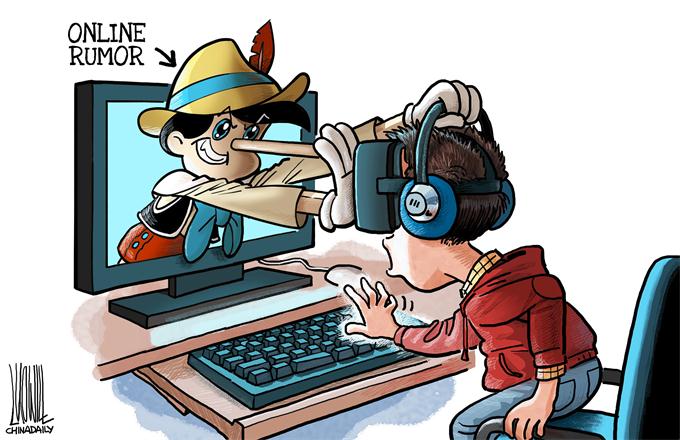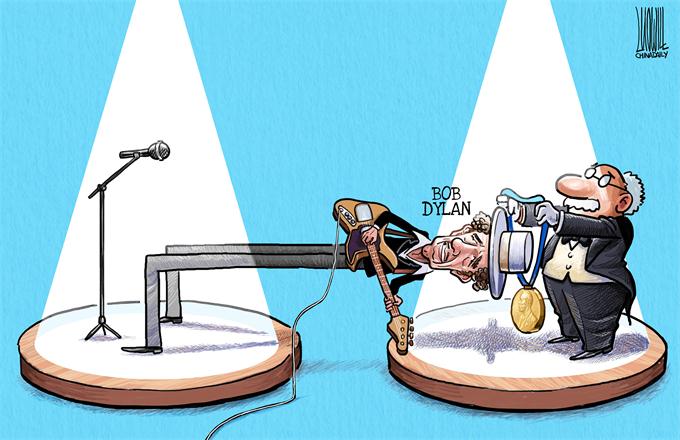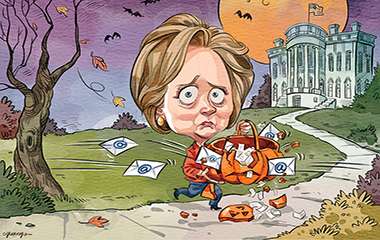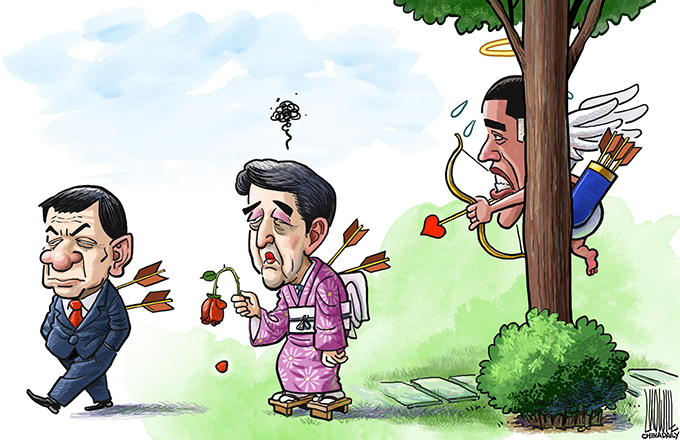Growing doubts over live online fund-raising
DURING A LIVE ONLINE SHOW broadcast from Liangshan Yi autonomous prefecture in Southwest China's Sichuan province, which was purportedly raising money for charity, the host handed out cash to some local people in need. However, he reportedly took back the money after the show. Rednet.cn commented on Monday:
In all likelihood, what the man did during the live online broadcast was nothing but a scam aimed at increasing his followers. The online popularity of such hosts can be turned into considerable tangible gains.
The rise of live streaming in recent years should not be blamed for this, though.
The streaming of live charity events is supposed to encourage people to extend a helping hand to those in need, which is laudable. But immoral exploitation of such events by fraudsters has raised doubts about live online broadcasts claiming to raise money for charity. Their tricks have dealt another blow to the public trust in charity, especially when many are already questioning the credibility of those claiming to be acting in the interests of those in need.
The controversial philanthropist Chen Guangbiao, known for his various publicity stunts, is suspected of forging the death certificate of a shareholder of one of his companies in order to try and evade his debts. And some charitable organizations refuse to disclose the whereabouts of the donations they have received from the public. The emerging charitable crowd funding also faces increasing doubts.
In Liangshan, the villagers in rags, including some children, would not have been happy to be used as props in an online event, which they thought was in their favor. Viewers of the show, particularly those who made donations to the "public-spirited" host for his contribution to the fight against poverty, could feel just as insulted and are very likely to refrain from taking part in online charitable events no matter how genuine they might be.
More important, the disguised charity work poses a direct challenge to the new Charity Law, which came into effect on Sept 1 and forbids any organization or individual soliciting gains for themselves in the name of charity. In other words, what the host did is likely to have broken the law. It calls for stricter supervision and efficient implementation of the law to keep such online charitable events in check.

















